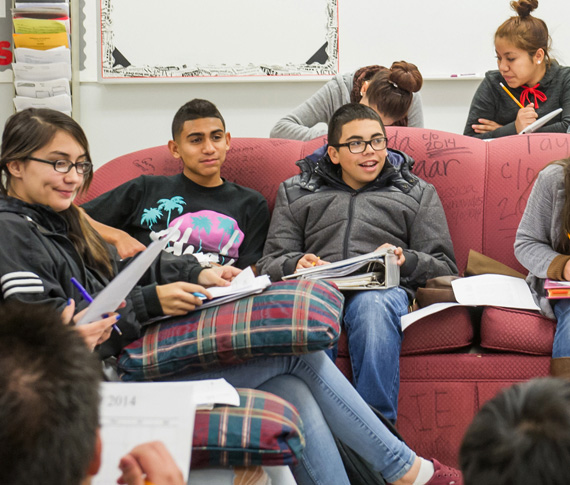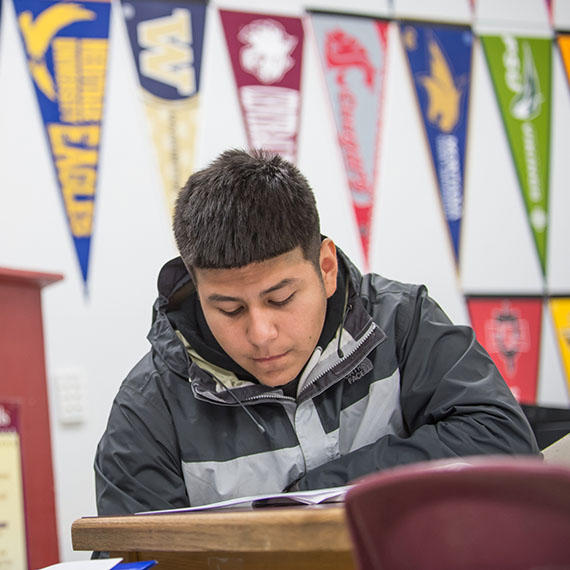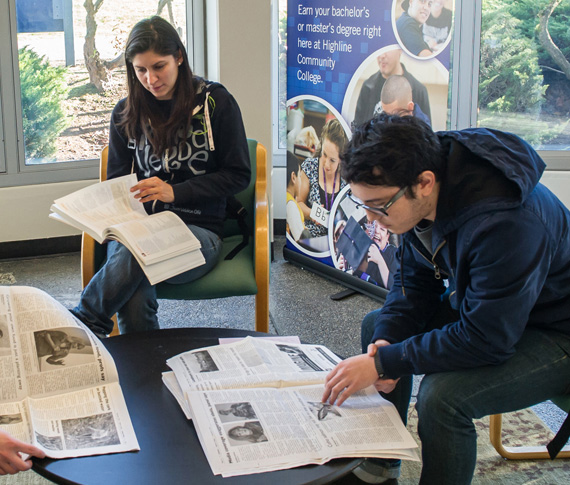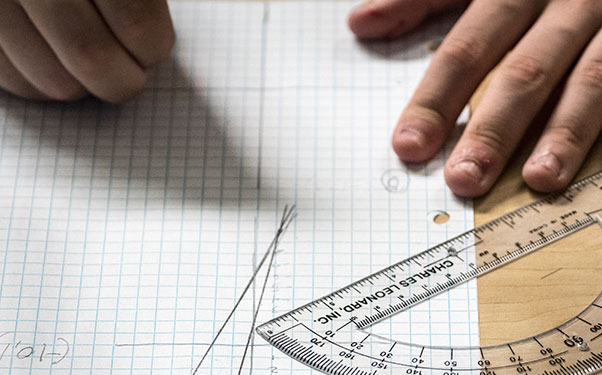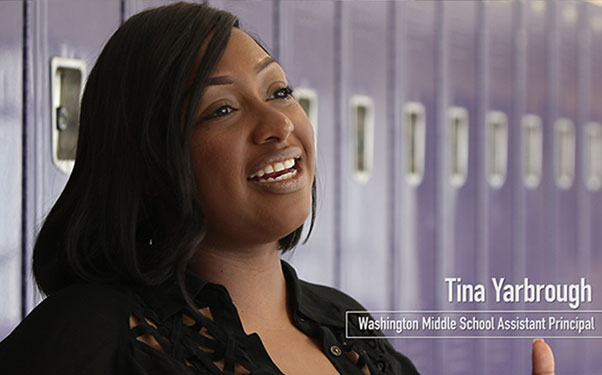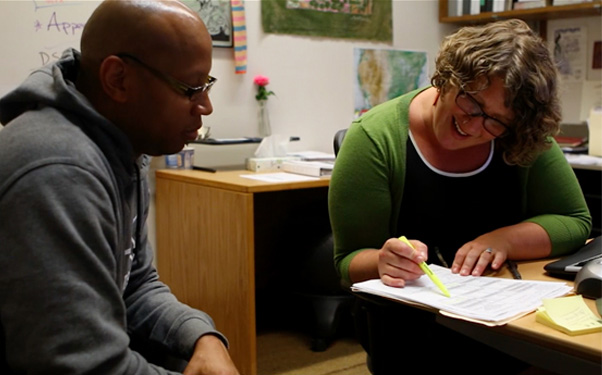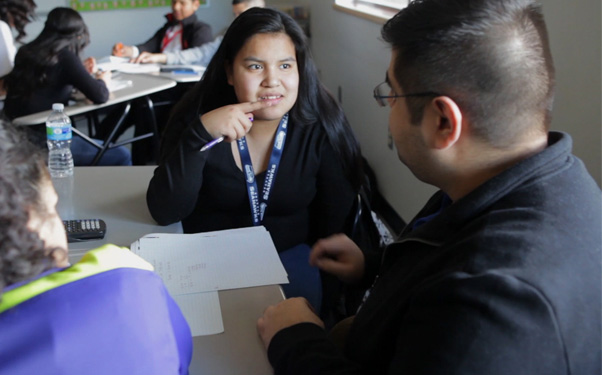Despite the hard work of our grantees and the schools and students they serve, the mission of College Spark Washington is far from over. Gaps in college readiness, college access, and college success between low-income students and their more affluent peers persist. Low-income students are far less likely to earn their bachelor’s degree than high-income peers.
Through our grantees’ experiences, we’ve learned that optional, out-of-class services don’t close achievement gaps. Effective strategies need to be scalable to entire schools and districts. Persistent problems hold students down, such as low math achievement and overly harsh disciplinary policies that disproportionately keep low-income students and students of color out of the classroom. Districts need help using technology to tap data on attendance, discipline, and academic performance so educators can reach students with targeted interventions before they fall behind.
And just getting kids to college isn’t enough. On campus, they need help identifying and navigating clear pathways to completion. Advising needs to reach students early and often. Support services need to be integrated into the classroom. And colleges should be encouraged to improve completion while closing achievement gaps.
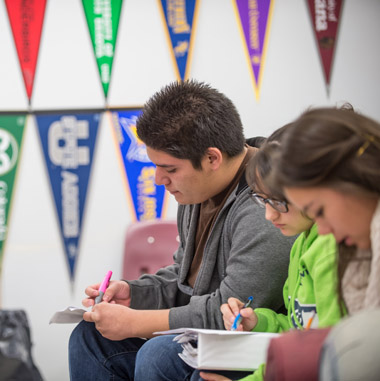
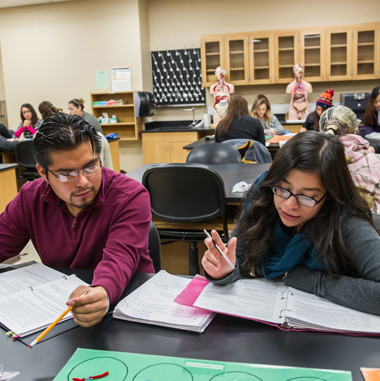
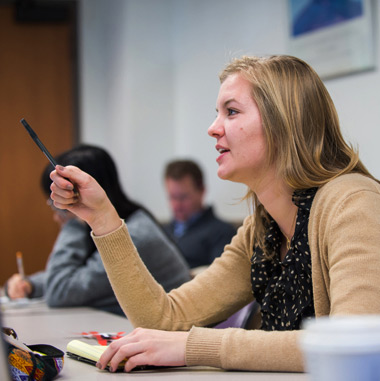
As funders, we’ve also learned that patience and persistence are essential. Grantees need deeper, longer commitments to develop interventions, test models, and assess results. Building capacity through professional development matters. Supporting evaluation costs and opportunities to share with peers leads to more effective programs and reaching more students.
Going forward, our new College-Ready Math Initiative is tackling the persistent problem of students leaving high school unprepared for college-level math, often unaware that they are headed for remedial classes that don’t earn college credit. At the college level, we’re working to improve systems that help students achieve important markers of progress toward their degrees. At every level, we’ll continue our search for promising new ideas and proven best practices that can help all Washington students succeed.
Evaluations
We feature reports, white papers, case studies, and other research-based materials that highlight the work of our grantees and partners.
Work in Progress Videos
College Spark grantees are dedicated to the schools and students they serve. They are committed to developing interventions, testing models, and assessing results. They are building capacity through professional development. They are sharing knowledge about best practices and implementing programs that work to close the achievement gap.
Improving student outcomes doesn’t happen over night, over months, or even over years. That transformation requires innovation, leadership, and commitment over a long period of time. “Work in Progress” will highlight grantee successes and the hard work along the way.

